
views
- People with blood type A are sensitive, introverted, and hard workers, while those with blood type B are their opposites—confident, sociable, and individualistic.
- Blood type AB people are an unpredictable mix of traits from types A and B. They’re often intelligent and rational, but are generally the least liked blood type.
- Blood type O people are natural leaders with a competitive streak. They make great professionals, but may come off as arrogant at times.
Blood Type A (The Farmer)

Blood type A people are sensitive and introverted, but friendly. Because their feelings can be hurt easily, they often prefer to isolate themselves as a defense mechanism rather than open up and put their feelings on display (some people find this behavior snobby, but it’s a misunderstanding). If you’re patient and build a bond with a type A person, you’ll discover they’re quite humble and kind. They’re often described as perfectionists who work hard, exude responsibility, and have a strong eye for detail. Best traits: Hardworking, loyal, creative, diplomatic Worst traits: Self-conscious, overly meticulous, closed-off Most compatible with: Type O or type A Least compatible with: Type B (many Koreans believe relationships between type A and type B people are doomed to fail)
Blood Type B (The Nomad)

Blood type B people are independent and confident, but can be selfish. It’s the opposite of type A, and people who have blood type B make fast decisions and may not be great at following instructions because of their individualism. In a culture like Korea where collectivism is valued, this can be perceived as selfish. On the other hand, type B people are associated with innovation, boldness, and bright, optimistic personalities. They’re outgoing and sociable, unafraid to take risks, and are highly motivated by things that inspire them (but can come off as lazy or shallow toward things they aren’t passionate about). Best traits: Honest, social, optimistic, individualistic Worst traits: Self-centered, impatient, irresponsible, commitment-phobic (men with this blood type are especially considered to be “playboys”) Most compatible with: Type B, type AB, or type O Least compatible with: Type A
Blood Type AB (The Humanist)

Type AB people are an aloof and unpredictable mix of types A and B. They’re stereotypically considered either geniuses or “insane,” and the personality they display often depends on their mood and the social situation they find themselves in. People who have this blood type personality can also find it hard to express themselves sometimes, leading some people to think they’re cold or two-faced. They have a wide variety of interests and a can-do attitude, but largely apply it when it benefits their own needs. At times, they can be socially reclusive. Best traits: Rational, unique, intelligent, positive Worst traits: Unpredictable, critical, indecisive Most compatible with: Type AB or type B Least compatible with: Type O In terms of popular perception, type AB is considered the least favored blood type in Korea. They possess traits of types A and B, but since these types are opposites to each other, type AB people can be perceived as shady or deceitful.
Blood Type O (The Hunter)

Blood type O people are energetic, outspoken, and make natural leaders. Their confidence gives them a commanding presence, and many find them personable and enjoy working with them. Type O is considered the most favorable personality in professional environments, and their competitive streak helps them succeed in most things they do. On the down side, they may come off as arrogant or bossy at times, though there’s usually no ill-intent behind their actions. Overall, they have a contagious and motivating spirit. Best Traits: Friendly, well-rounded, ambitious, energetic Worst traits: Insensitive, vain, overly competitive, stubborn Most compatible with: Type A or type B Least compatible with: Type AB
Does blood type really affect personality?
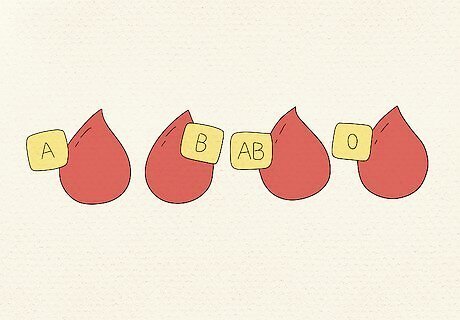
There’s no scientific evidence that blood type influences personality. Many studies have been done over the past century to explore this idea, and there’s currently no accepted evidence of a cause-and-effect relationship between blood type and personality traits. However, the physical processes in your body can affect your mood. Some suggest the genetic effects of blood type on the chemicals your body creates may have a loose (at best) role in your behavior. Unfortunately, some people believe in the theory so strongly that it leads to harassment or discrimination against others. Others base important life decisions, like marriage, political alignments, and social circles, on blood type, even though there’s little evidence to support their choices.
Origins of Blood Type Personalities
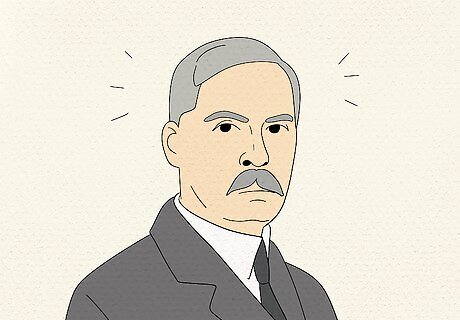
Austrian physician Karl Landsteiner discovered blood types in 1901. The “types” refer to the presence of a specific hereditary antigen sticking up from the surface of your red blood cells. An antigen is anything that elicits a response from an immune cell, like an antibody. Antibodies attack foreign particles in the body, like bacteria and viruses, and clump them together to be removed by the immune system. For example, those with type A blood have “A” antigens on their red blood cells and make antibodies that attack type “B” antigens (and vice versa). This is why people with type A and type B blood can’t donate blood to each other. People who have type AB blood have both “A” and “B” antigens, so they don’t make antibodies to attack either type. People with type O blood have no antigens, but make both “A” and “B” antibodies.
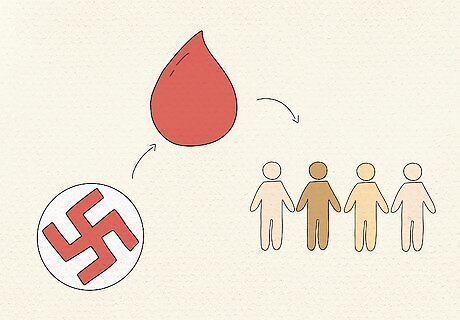
The Nazis twisted blood types to fit their ideas about racial supremacy. Unfortunately, Landsteiner’s work about hereditary blood types was hijacked by eugenicists and Nazi propagandists between the World Wars to further their ideas of racial supremacy. As Japan and Germany became closer leading up to WWII, the idea that blood types could influence your behavior and personality made its way into Japanese government and military operations. The Nazis valued blood types because they wrongly believed they could be used to determine if someone was of “non-Aryan origins.” Supposedly, the Japanese Imperial Army used blood types to inform how they trained their soldiers throughout the 1930s, and even formed battle groups according to blood type during WWII.
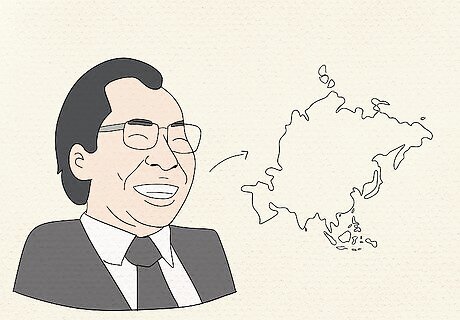
Japanese journalist Masahiko Nomi changed and spread the idea in Asia. Nomi had no medical background, but removed the ethno-racial aspect of the Nazi’s interpretation of blood types and instead focused on how they influence personalities. His published work on the subject was popular, and became a widely adopted way of thinking in many Asian countries, including Korea. Today, Japan holds similar beliefs about the four blood type personalities as South Korea does, although scientists repeatedly debunk these ideas. One possible explanation for the idea’s popularity is that in relatively homogenous populations, like in Japan and South Korea, it provides a simple way to divide people into easily recognizable groups.



















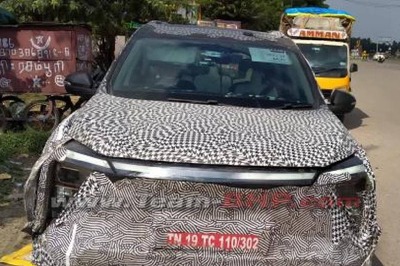
Comments
0 comment